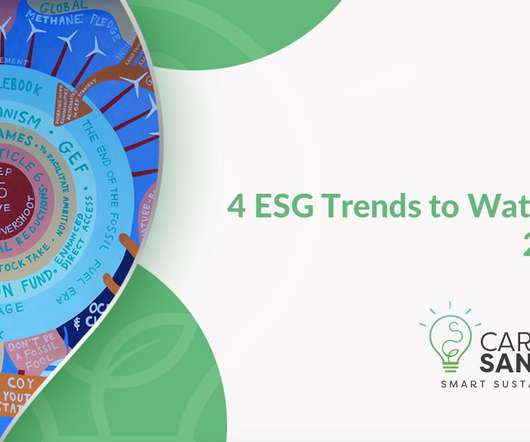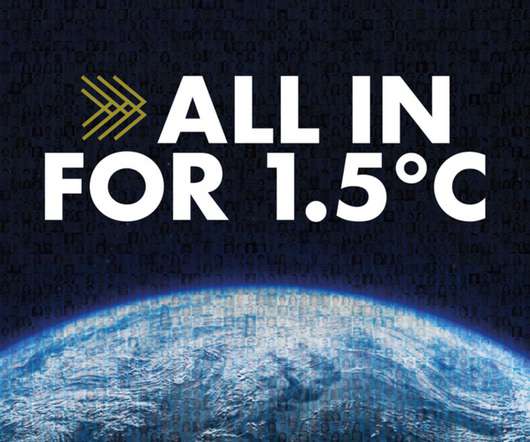Carbon reporting regulations are rising globally. Small businesses need to keep up.
We Mean Business Coalition
APRIL 12, 2023
When we discuss scale, we cannot afford to ignore the millions of small and medium sized businesses – or SMEs – that drive global economies and create the fabric of local communities. As corporate customers face increasing scrutiny over their supply chain emissions, businesses of all sizes must become more transparent.












Let's personalize your content